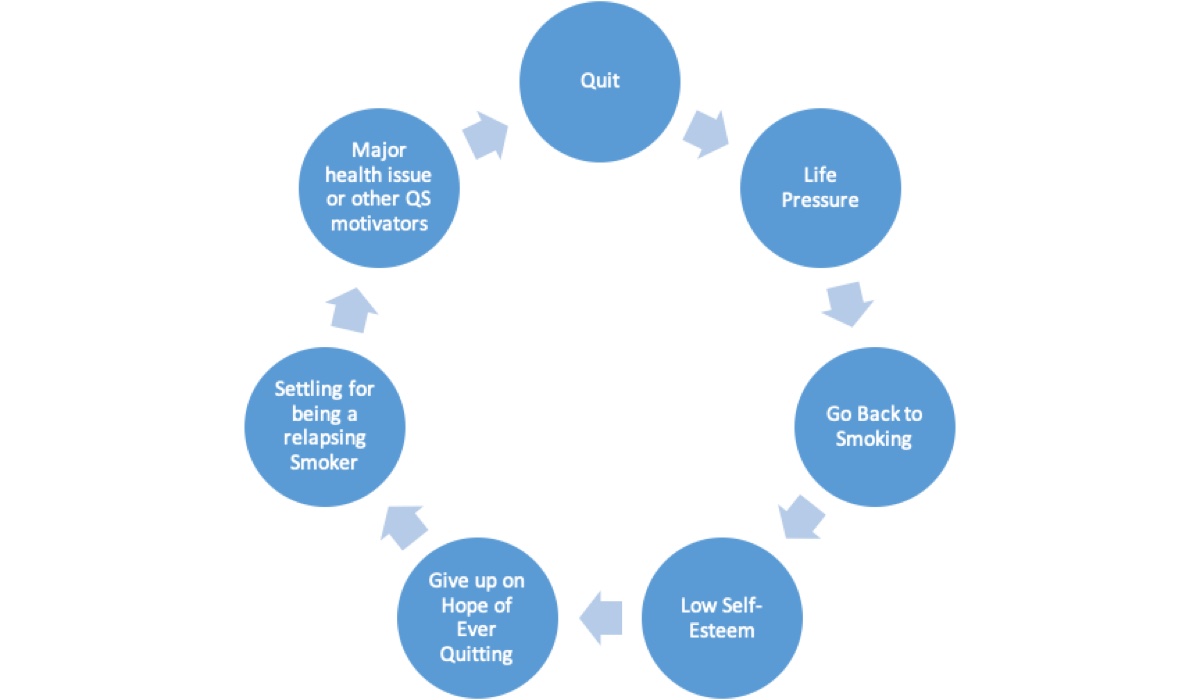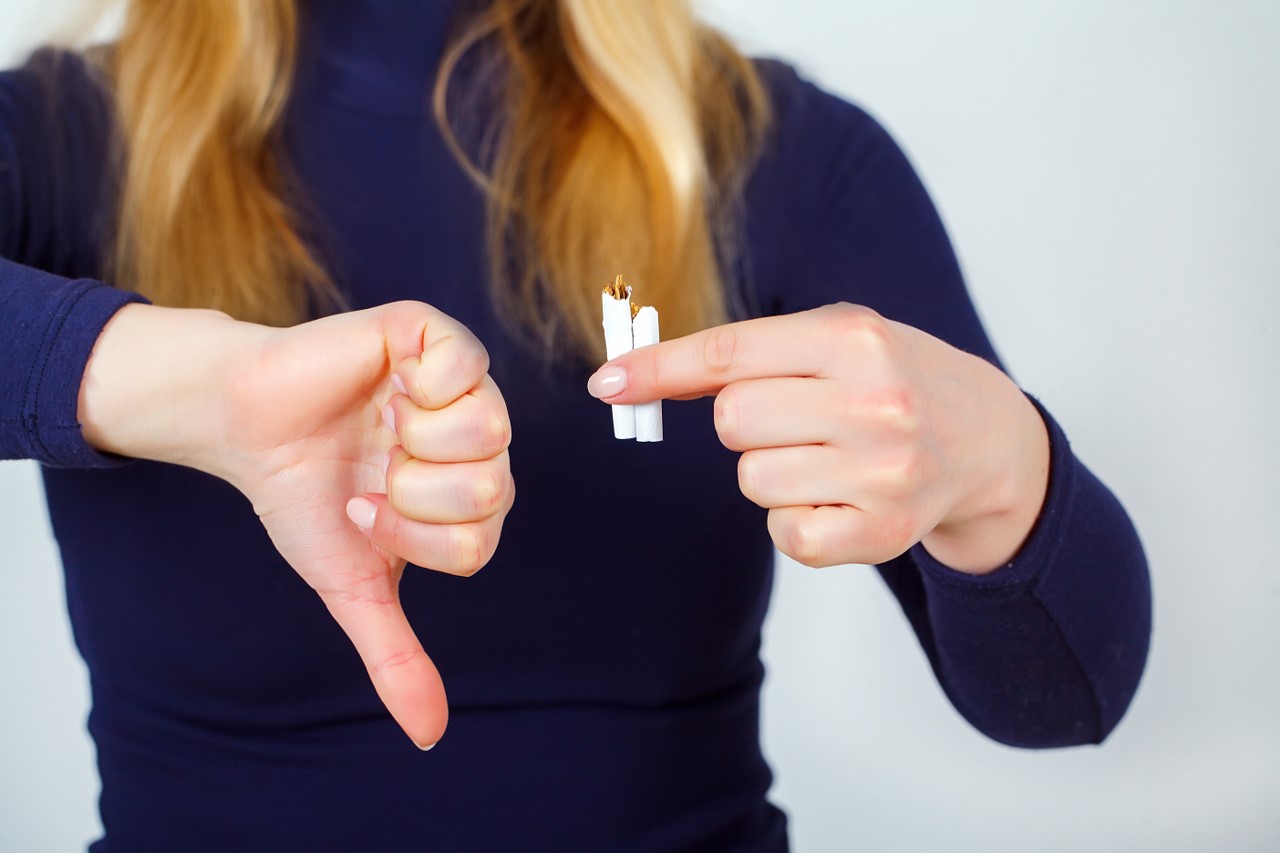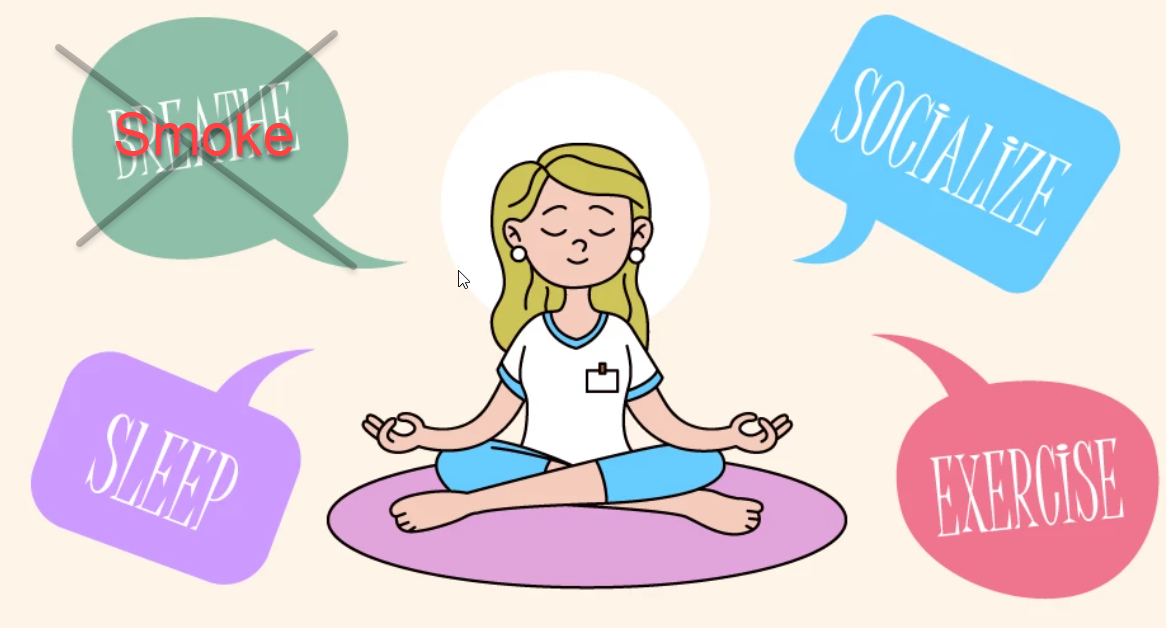Cigarette Addiction: How Does it All Begin?

Most people start smoking when they are in their teens. By 26 years of age, nearly all people who are going to use tobacco have already begun. Teenagers usually do it for 3 reasons: to look cool, to fit in and to experiment. They want to look older, be like their friends, and experience something “forbidden, challenging or fun”. Media and advertising influence, peer pressure and yearning to gain a sense of belonging may have sucked you into the habit, too.
Other factors that make kids prone to starting smoking:
- Low socio-economic status
- Friends approve tobacco use as acceptable
- Lack of support from Mom and Dad
- Poor grades and involvement in school and extra curriculum activities
- Difficulty saying “no” and defending their opinion
- Low self-esteem
- Smoking parent/ parents [i]
Why Do Adults Smoke?
When you pick up a cigarette as an adult, whether it is a new or old habit, you have different reasons than teens and those reasons are typically stress-related: going through marital issues, a relationship break-up, grief, and loss of a job are just a few possible triggers. High expectations from others, pushing your limits to reach career advancement, or working hard to survive may also contribute to the habit. Cigarettes help numb the feelings and “help” you to go through a difficult time with less pain while distracting and delaying the time you have to deal with stuff.
The Vicious Quit Smoking Circle

You get busy with life and dealing with its insanity, and though you know you need to quit, actually doing it on top of EVERYTHING else may make you feel overwhelmed. A major stressor comes in, and you go back to the old familiar habit, which further lowers your self-esteem and affects your belief in your ability to quit. As a result, you settle for a life of inconvenience, where you feel like an outcast, coming to a restaurant and other places where it is not acceptable to smoke anymore. Yet you still find creative ways to get a puff to release that tension of not smoking for several hours.
Your life revolves around smoking: you plan to come to the airport early, to smoke prior to boarding the plane. You look for hotels with a balcony or door near your room. As you work, you are constantly thinking about the next smoking break. When your kids are home or friends visit, you look forward to them leaving so you can light up. You brush your teeth and use mints non-stop to mask the notorious smell from others, but you still see them wrinkle up their nose.
Putting It Off And Putting Up

At first, you simply carry on with the stuff you do, rushing through the day, forgetting about the inconveniences, broken to yourself and others’ promises to quit, and the consequences of long-term exposure to nicotine. Until one day you see someone walking with an oxygen tank who looks the same age as you. Or you start dating a wonderful person who “dumps” you because you are a smoker. Or you start experiencing lung pains that scare you and your loved ones to death and are so afraid that you will not be able to hold yourself from coughing in public. Suddenly, this becomes something you cannot afford not to change.
If you feel you have a compelling reason to quit and you feel like you have had enough, you know your time has come. Everything starts with a realization and a decision.
Two Biggest Fears of Those Who Quit Smoking
“How many people think that they can quit right now and never take a cigarette again? Many people don’t feel they can quit, that they do not have to quit, that they do not want to quit, are not sure whether they want to quit and do not know why they should quit now. – Author unknown”

When you consider quitting, you may experience 2 types of fears:
FEAR # 1: What if I will not be able to stop smoking?

This fear is based on the “What ifs” of when you quit smoking:
- Many people simply are afraid of withdrawals. Though everyone knows they are short lived, a few are able to go past them, as those may cause disruption of daily activities, serious discomfort and even pain.
- I have so much on my plate already. What if I will not manage quitting and all of that at the same time?
- What if I start gaining weight as I quit? My metabolism slows down, plus my emotional eating habits get worse.
- What life coping mechanisms will I use instead?
- What if I won’t be able to keep going without my “old buddy”?
- What if I will start indulging in other things and get into other addictions?
FEAR #2: What if I will actually be able to quit?
It may seem strange that quitting smoking may seem scary, but it is very explainable. The fear #2 is based on the following myths:
MYTH #1: Smoking helps me to manage stress. I would be a total nervous wreck without them.

Though it may seem as if smoking helps with nervousness, anxiety and stress management, it actually only relieves the symptoms caused by the withdrawal from nicotine. This is how it works: nicotine leaves your system, and you start feeling anxious because of it. Then you take a cigarette, and the anxiety stops. The conclusion: cigarettes helped my anxiety. The truth: nicotine withdrawal created it, and putting some back in your system prevented the withdrawal.
Truthfully, experiencing stress relief through a cigarette does not resolve credit card, work-related stress or relationship issues. In fact, it will make them worse, because the only way to address these issues is to have clarity of mind and a high energy level, which cigarettes will not provide you with. The problem is that a cig does not address the underlying difficult life situations that keep you in the vicious circle.
MYTH #2: I will not be able to get out of bed without smoking.

You may find it too daunting to deal with the underlying cause of the fatigue and do not know how to. When you suffer from a headache, it is “easier” to take a cigarette than to continue experiencing it. Recall how you managed to get up prior to starting smoking. How do some weird people still do? The truth is that your body is so exhausted that only a stimulant can get it going, be it coffee or a cigarette. The cigarette makes that exhausted “horse” (=your body) get up and keep going, even when it is ready to fall apart, but over time it makes the problem worse. Headaches, most commonly, are a symptom of toxicity in your blood, and cigarettes will not help with it either.
MYTH #3: Without a Cigarette My Life Will Be over.

There are variations of this myth that may sound like:
- My social life will be limited.
- I will not be able to enjoy holidays the same way I used to.
- I will not be able to smoke when having a meal, coffee and wine.
- I will not be able to smoke when I am bored.
The truth is that in spite of the fact you are used to celebrating Christmas and Easter with a cigarette in your hand, just because you are not meeting others at the ashtray other smokers, you will neither die from it nor will lose your enjoyment of life. It means that you will have a lot of free time to look after your health, will be able to focus on your work without distraction and will enrich your interactions with people by not leading a double life anymore. Your smoking friends who are your true friends will still love you, support you in your decision and over time they may join you too.
How Does Fresh Start’s Smoking Cessation Program Help You to Finally Quit For Life?

Quitting smoking and the difficult process of smoking cessation is not just in your head. It affects your emotional and physical well-being and your everyday life. Our goal at Fresh Start is not only to remove you from your environment full of temptations and to help you to minimize nicotine withdrawal symptoms (which we are typically able to do quite well). We also help you start resolving those issues that you use cigarettes to cope with, so you would not want to come back to the habit again.
Many people who come to us (both those who smoke and who do not) deal with a lack of energy, headaches, depression, anxiety, COPD and so much more. Smoking is just the tip of the iceberg. When you start looking after your physical and emotional health, addressing smoking becomes so much easier, and that work goes so much deeper, far beyond just removing a cigarette from your hand and your mind.
In addition to quitting smoking, many Fresh Start program participants were able to improve their lung and liver health, sleep, weight, skin tone and colour, as well as work on their childhood trauma, grief and anxiety. As a result, continuing or coming back to smoking started to seem IMPOSSIBLE to them, because they felt SO MUCH BETTER, got many new tools and adopted a new healthier lifestyle.
Disclaimer:
Though many of our guests receive wonderful results, Fresh Start’s Smoking Cessation Programs do not guarantee health recovery from any specific disease or symptom, or degree of its improvement, as the healing process is individual, gradual, multi-layered and depends on many factors. Please be realistic in expectations as there is no such thing as quick fixes when it comes to healing.




